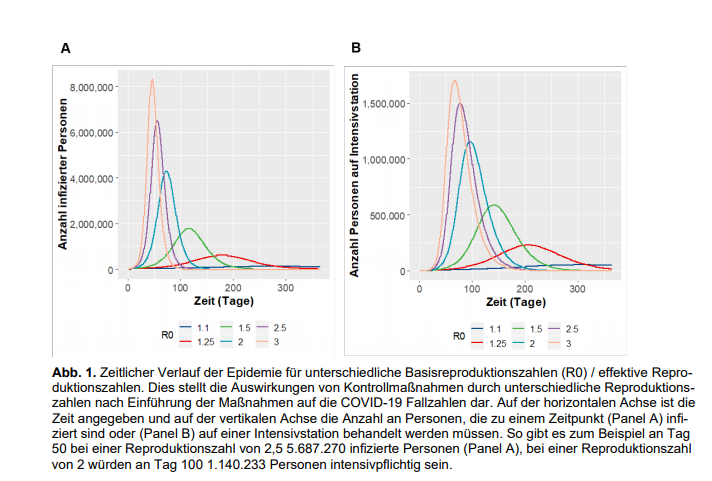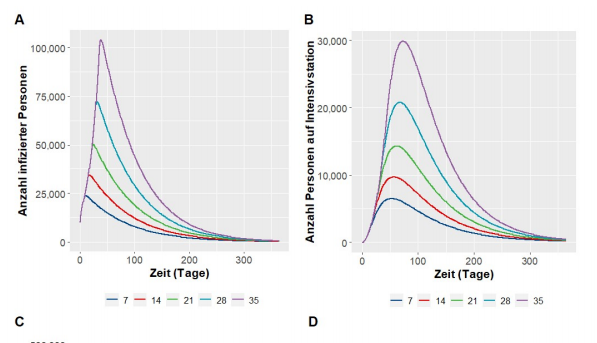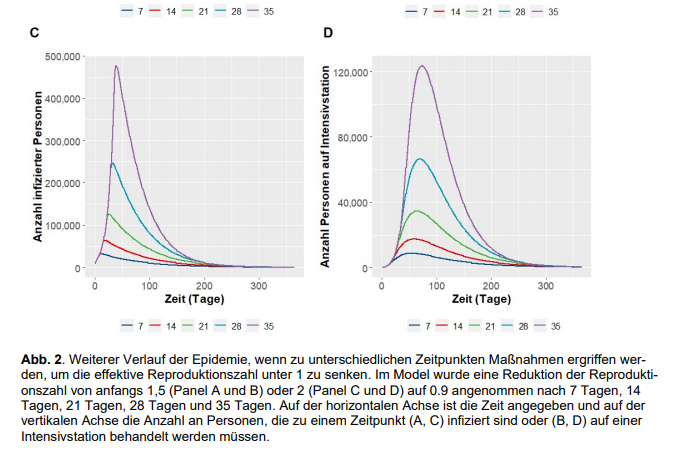
1/ watched the netflix documentary #seaspiracy last night. the journalism is bad, but not abysmal, and I'd still recommend it for hammering home an underreported thesis that the fishing industry wrecks oceans more than plastic
that said...
that said...
2/ they get googlable facts wrong. the claim that all fisheries will collapse by 2048 is dumb misinformation.
they cite a headline *from 2006* based on a projection the study authors no longer use and that scientists have rebutted for more than a decade journals.plos.org/plosone/articl…
they cite a headline *from 2006* based on a projection the study authors no longer use and that scientists have rebutted for more than a decade journals.plos.org/plosone/articl…
3/ they consistently tell half the story. one small example: fish farms have loads of problems, true, but wild catch is becoming less of an issue.
over the last 20 years wild catch has fallen even while production tripled because fish are fed more plants nytimes.com/2021/03/24/cli…
over the last 20 years wild catch has fallen even while production tripled because fish are fed more plants nytimes.com/2021/03/24/cli…
4/ they give almost no airtime to independent researchers, one academic they quote publicly disagreed with their conclusions and fish scientists are calling them out for multiple errors (okay, this is a twitter poll, but I'm yet to see an expert defend it)
https://twitter.com/TrevorABranch/status/1376978640391446529
5/ it ignores hunger. this one ruined the film for me. the conclusion "don't eat fish" can be a useful message for lots of people — particularly unless certification gets better — but what about people who need it for protein?
can you feed 10bn people by 2050 without any fish?
can you feed 10bn people by 2050 without any fish?
6/ it interviews almost exclusively white people about a global issue and its conclusions are visibly poorer as a result.
this film is probably the best example I've seen of a lack of diversity combined with poor research leading to conclusions that don't stack up
this film is probably the best example I've seen of a lack of diversity combined with poor research leading to conclusions that don't stack up
7/ @TaotaoTasi captures this well and you see it so often: "so far the Asians are villians, the browns are victims, and all the people who get speaking roles are white" (a couple of PoC do later get to talk)
• • •
Missing some Tweet in this thread? You can try to
force a refresh





